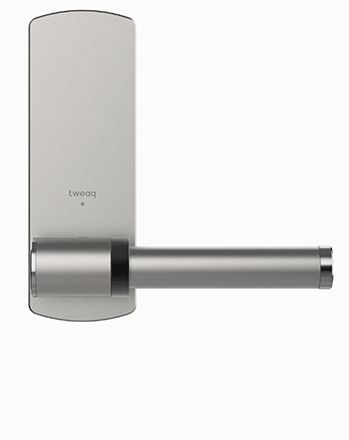Never before have hotel sanitation and hygiene standards been more important than in today’s world. The events of the past year have affected all aspects of life; closing businesses and stopping the movement of people across the country and across the world. This has had a severe impact on the travel industry and a direct effect on hotels as fewer people have been using their services.
The development of numerous vaccines and the steady process of vaccinating the world’s population comes into effect, the end of the COVID-19 pandemic is in sight. With this comes a return to normality however, despite the pandemic eventually coming to an end, people’s anxiety over personal hygiene and the standards of public health in the environment around them will linger on.
As the world begins to reopen, allowing businesses to resume trade and enabling people to travel, ensuring a high standard of hotel sanitation will be essential in providing a safe environment for both visitors as well as staff. People will now be more conscious of their surroundings and it falls upon hotel owners to provide a space where their guests can be comfortable and totally at ease.
Be sure to find out more on how Tweaq’s self cleaning door handle can enhance hotels’ hygiene standards.
What’s the problem?
The biggest culprits in hotels are not what the average person would normally imagine when asked what they’d think poses the greatest risk to health and hygiene in hotels. It would be normal to think hotel showers, bedsheets and toilets are the biggest hotspots for hotel sanitation concern but this is not the case! It’s actually the least thought of places; the light switches, TV remotes, hair dryers, telephone and door handles which pose the biggest risk to health and hygiene as they are frequently touched but less likely to be cleaned.[1]
Outside the hotel room poses even more cause for concern as the average hotel elevator button has been found to host approximately 1477 times more germs than the average bathroom door and up to 737 times more germs than a domestic toilet seat. The average hotel stairway door handle has 1839 times more germs than a bathroom doorknob [2] Research has also shown the average hotel door handle has 918 times more germs than a household toilet seat.[3] It has the potential to infect up to 60 percent of occupants in a building[4].
A door handle to a room is the first thing a guest or staff will touch after being outside before being able to wash their hands. This is because in the past, hand sanitising stations have not been made available to both guests and staff but now as hotels adapt to improve hotel sanitation and hygiene in a post-pandemic world. Many are now looking for sustainable, cost efficient solutions to make hotels safe and improve hotel sanitation.
What’s the solution?
Tweaq has re-engineered the door handle, taking the most actively used touch point in a hotel and “Tweaq-ing” it to mitigate the risk it can pose to health. The team at Tweaq has turned it into a state of the art piece of smart technology, a self disinfecting door handle called “Rise”.

Once a person uses Rise, the handle is activated by the internal sensors which triggers the disinfection process. The pump irrigates the sponge located inside the magnetic ring with a sanitising solution. Ultimately, disinfecting the door handle’s surface, eliminating 99.9% of germs in just under 3 seconds.
The smart IoT technology allows a user to track every door handle’s usage and level of antibacterial solution. Save costs on cleaning products used on door handles and rely on the Tweaq app to keep track of cartridge refills so Rise is always ready to go.
Tweaq’s revolutionary door handle is a perfect solution to the need for better hotel sanitation and hygiene as it can guarantee to reduce the spread of diseases and infections via contact with touch points and protect both staff and guests, making it safer for people to return to when the travel industry reopens for business. Meet the Tweaq Rise now.
30/06/2021/

